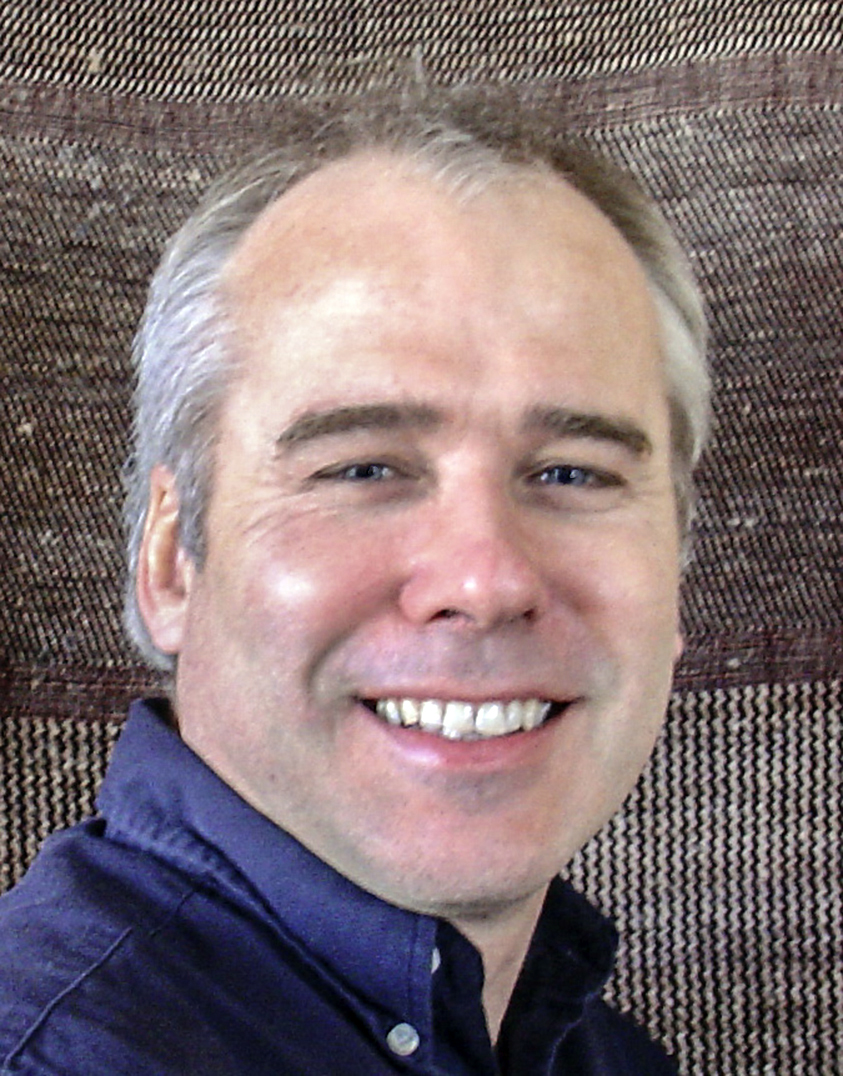On Understanding Indigenous Wisdom
- Chris Daniels

- Mar 6, 2022
- 3 min read
Chris Daniels - Excerpts from post "Indigenous Wisdom Plenary Lecture"
"For hundreds of years Indigenous peoples have been trying to contribute their wisdom on how to live in relationship with the natural world, and they continue to do so. And for hundreds of years we generally have NOT GOT IT. Certainly some of us have tried. I would even suggest there are those who have legitimate Indigenous experiences of their own with the natural world, but because their ancestral Indigenous roots are too far in the past they have legitimately and understandably turned to current Indigenous traditions for the proper protocols on how to respectfully and reciprocally deal with such experiences. Those are the few that might actually get it. But the rest of us don’t get it in the same way and it is often difficult to tell the difference between those who are honourably on that committed path and those that are doing it for exploitation, excessive personal financial gain, or are simply on a fragmented, new-age-style quest that changes with each new weekend workshop. Western academics and well-meaning laity have continually appropriated anything possible from Indigenous cultures that they think might help gain value from the natural world, hopefully without paying too high a price or having to actually give something back. Because we do not really understand it, we also do not understand the consequences of such a one-way appropriation. Historically we have not been interested in the reciprocal responsibility inherent in the committed relationship to the land that is fundamental to Indigenous cultures."
"This relational way of understanding the world puts a whole new perspective on the wisdom that Indigenous people have been sharing with us for centuries. It helps us to understand why Indigenous education requires a different model of how to teach than is currently popular in the dominant society. Within such a model education is far more contextual and experiential. It is a value-laden ‘coming-to-know’ rather than memorization of dead facts that cannot effectively be relevant in the constantly changing world of a process relational view of reality. Knowledge comes from experience, and one’s experience of the world changes in each new situation. The world itself is ever-changing, requiring an educational system that prioritizes how to gain knowledge in each new moment as one’s relationships change, and the reciprocal responsibility that goes with such knowing, rather than memorizing and universalizing inert data.
This relational way of understanding allows for more sensitivity toward the ancestral land claims and the importance of sacred sites that require ceremony and ritual to renew and strengthen the relationships Indigenous peoples have with the natural world. If Indigeneity is about connecting to the divine and the wider universe through the land, as I would argue, then in a relational world identity creation is bound up with when and where one lives. Severing ties to a particular land base severs the connection to one’s own identity as an integral and interconnected part of the family, community, the world, and ultimately the divine. Although all land is considered sacred to some degree due to divine immanence, sacred sites, which for centuries have hosted ceremony and ritual to establish and renew the alliances, compacts, and sympathetic relations, can be better understood as unique places in which such relationships are ‘more intensively relevant’, to use process language. Without renewal at these sites, awareness of such critical relationships may fade.
The narratives, songs, and stories take on new meaning, as does the mythic imagery that represents the ways of knowing embodied in these narratives. Such symbolic reference incorporates knowledge gained through reflection on information gathered through the primary mode of perception—one’s relationships with the world and the divine—rather than merely through the secondary mode of our sense perception. There is much more to gaining knowledge about oneself and the world than can be achieved through merely relying on the intense data we receive through our five senses, as important as that is."
"

















Comments